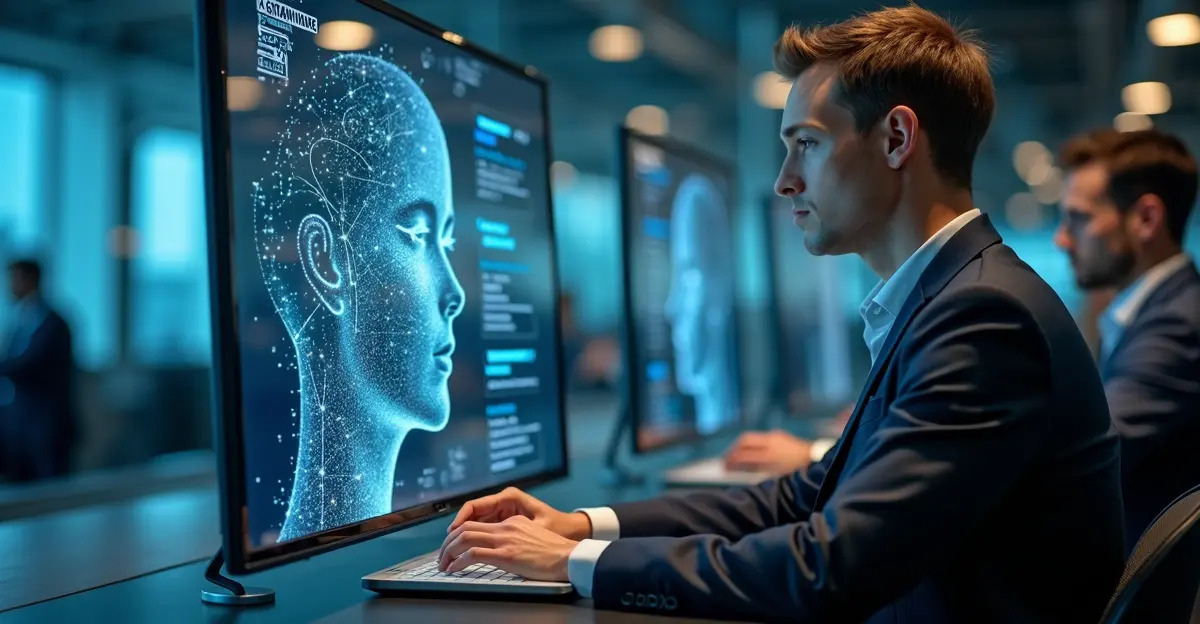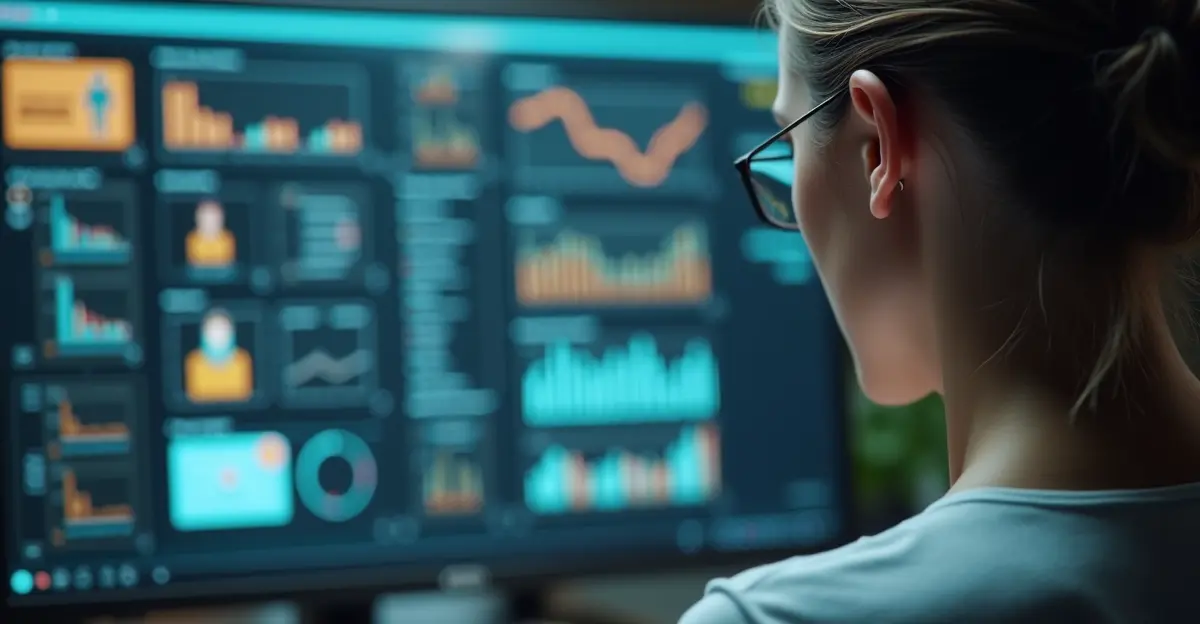The Rise of AI-Powered Job Matching
In 2025, artificial intelligence is fundamentally transforming how workers find jobs and employers discover talent. AI job matchmakers are sophisticated platforms that use machine learning algorithms to instantly connect qualified candidates with suitable positions, eliminating the traditional inefficiencies of recruitment processes.
How AI Matchmaking Works
These platforms employ advanced profiling techniques that analyze thousands of data points from both job seekers and employers. For candidates, AI systems evaluate skills, experience, personality traits, and even learning potential. For employers, algorithms assess company culture, team dynamics, and specific role requirements.
"The traditional resume is becoming obsolete," says Dr. Elena Rodriguez, AI recruitment specialist at TechMatch Solutions. "AI can identify transferable skills and potential that human recruiters might miss. We're seeing matches that would have taken weeks to identify happening in minutes."
Real-Time Matching Technology
The most advanced platforms now offer real-time matching capabilities. When a job opening is posted, the system immediately scans its database of pre-profiled candidates and identifies the best matches based on compatibility scores. This eliminates the lengthy application and screening processes that have characterized traditional recruitment.
Benefits for Job Seekers
For workers, AI matchmakers offer unprecedented efficiency. Instead of spending hours tailoring applications, candidates complete comprehensive profiles once. The system then continuously matches them with relevant opportunities. Many platforms also provide personalized career guidance and skill development recommendations.
"I found my current role through an AI platform," shares software engineer Michael Chen. "The system matched me with a company I hadn't considered, but the cultural fit is perfect. It understood what I needed better than I did."
Employer Advantages
Companies benefit from reduced hiring costs and time-to-fill metrics. AI systems can process thousands of applications simultaneously, identifying the most qualified candidates based on objective criteria rather than resume formatting or keyword optimization.
Ethical Considerations and Challenges
Despite the advantages, AI job matching raises important ethical questions. Algorithmic bias remains a significant concern, as systems trained on historical data may perpetuate existing inequalities. Privacy issues also emerge regarding the extensive data collection required for accurate profiling.
"We must ensure these systems promote fairness rather than reinforce discrimination," warns ethics professor Dr. Sarah Johnson. "Transparency in how algorithms make decisions is crucial for building trust in AI recruitment."
The Future of Work Matching
Looking ahead, experts predict AI matchmakers will become increasingly sophisticated. Future developments may include predictive analytics that forecast career trajectories and identify emerging skill requirements before they become mainstream.
The integration of AI in recruitment represents a fundamental shift in how we think about employment relationships. As these technologies continue to evolve, they promise to create more efficient, equitable, and satisfying matches between workers and employers.

 Nederlands
Nederlands
 English
English
 Deutsch
Deutsch
 Français
Français
 Español
Español
 Português
Português










